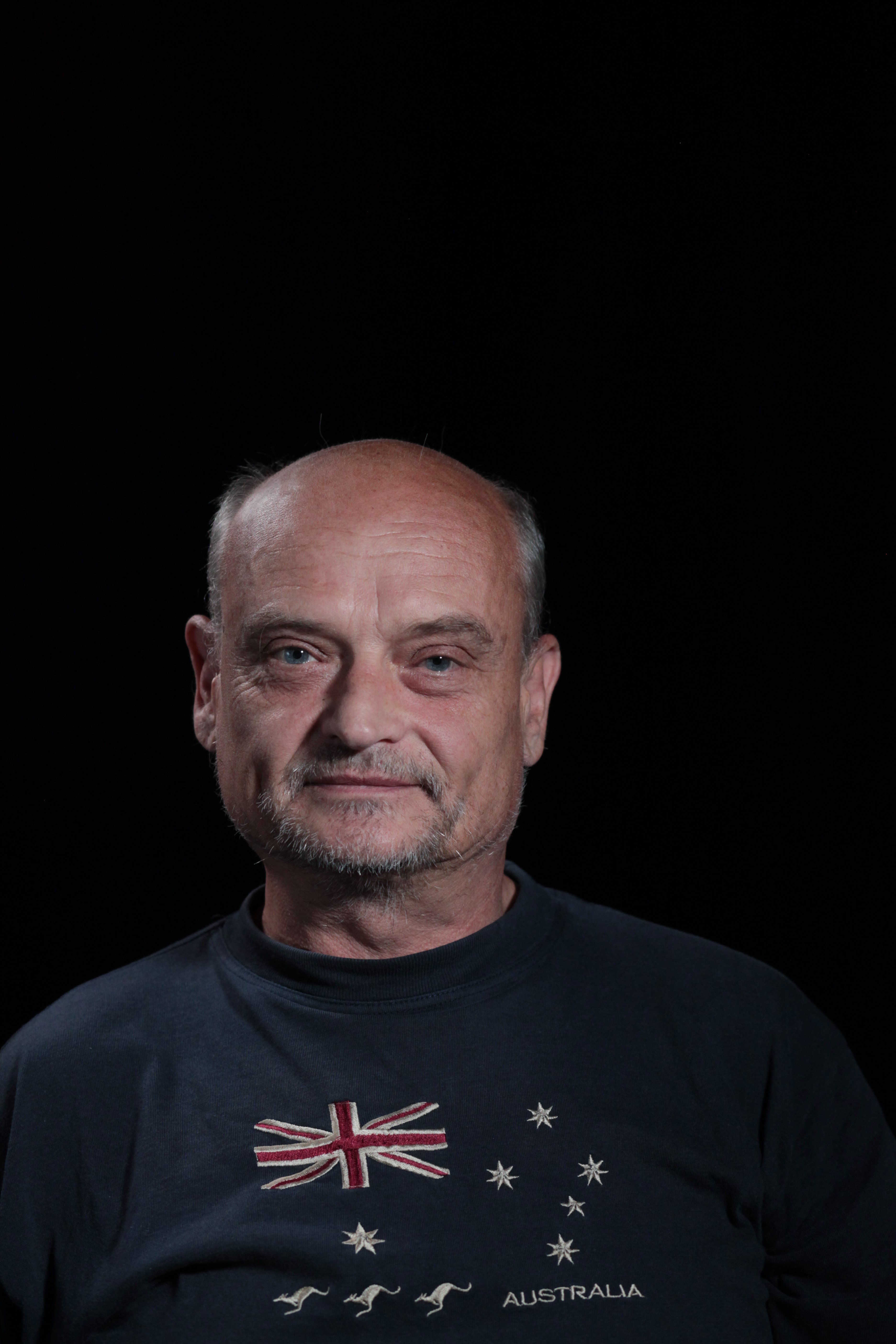A toxic cloud was travelling along Krušné hory. That was the reason I became involved

Stáhnout obrázek
Jiří Fuchs was born on 6 January 1965 in Karlovy Vary, and grew up in Chodov near Karlovy Vary, a town surrounded by opencast mines near the Vřesová Fuel Combine. Both his parents had German-Czech roots, his father Günter Fuchs worked as a labourer in the Velkolom Jiří opencast mine, his mother Hannelore, née Rendlová, was a cleaner in a kindergarten. Like most of his classmates, Jiri Fuchs was aiming to work in local industry after his apprenticeship. He trained as a locksmith and, to avoid basic military service, signed a ten-year contract at the Velkolom Jiří. He received an above-average salary and his employer assigned him an apartment. From his time at the apprenticeship he wore his hair long and was interested in alternative musical directions. Gradually, he began to resent the lack of freedom of cultural expression and the dismal state of the environment in his region. In the 1980s, he began to participate in underground activities and happenings, published the samizdat magazine Stress, and co-founded the Association of Independent North and West Bohemian Civic Initiatives. In 1988 he participated in the protest Dusím se! and in the autumn of the same year he was arrested in Prague when he arrived for a demonstration on 28 October. In November 1989, he participated in demonstrations in Karlovy Vary, co-founded the local Civic Forum and later was a representative on the district and regional national committees. He served on a vetting committee that vetted police officers. He collaborated with František Volf in the founding of the Propaganda music club in Karlovy Vary, and attempted to reconstruct the Malé Versailles restaurant, but his business project did not receive funding and Jiří Fuchs ended up homeless on the streets. For some time he supported himself with odd jobs. In 2008, he bought a dilapidated house in Komárov from his parents‘ inheritance, which he is still renovating.














